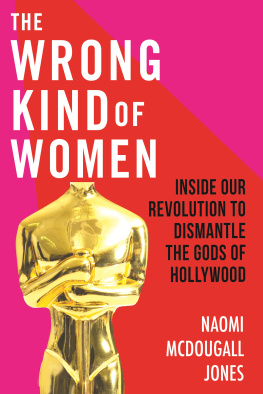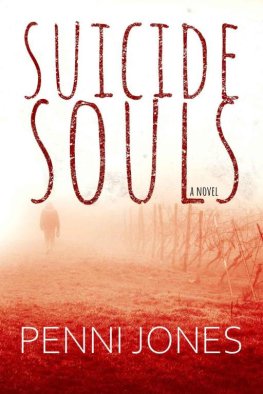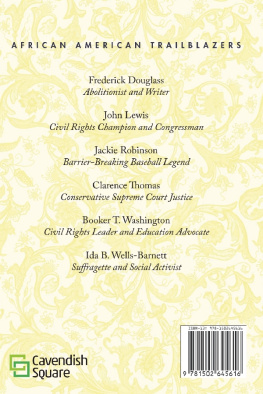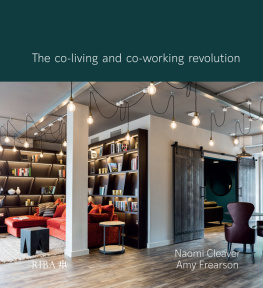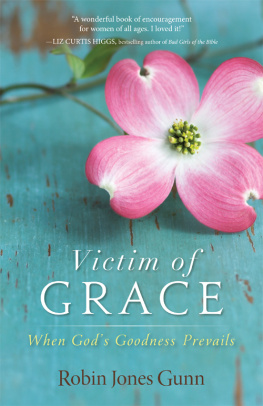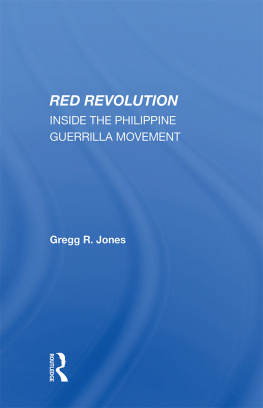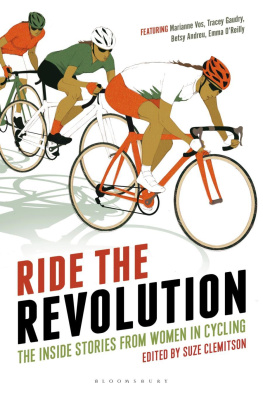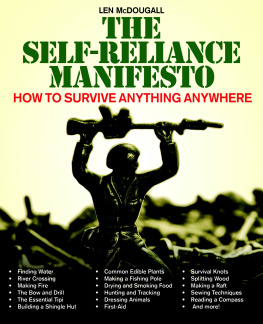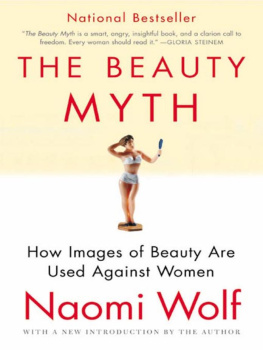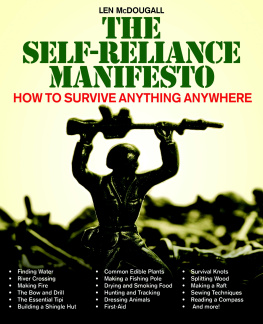Naomi McDougall Jones - The Wrong Kind of Women: Inside Our Revolution to Dismantle the Gods of Hollywood
Here you can read online Naomi McDougall Jones - The Wrong Kind of Women: Inside Our Revolution to Dismantle the Gods of Hollywood full text of the book (entire story) in english for free. Download pdf and epub, get meaning, cover and reviews about this ebook. year: 2020, publisher: Beacon Press, genre: Home and family. Description of the work, (preface) as well as reviews are available. Best literature library LitArk.com created for fans of good reading and offers a wide selection of genres:
Romance novel
Science fiction
Adventure
Detective
Science
History
Home and family
Prose
Art
Politics
Computer
Non-fiction
Religion
Business
Children
Humor
Choose a favorite category and find really read worthwhile books. Enjoy immersion in the world of imagination, feel the emotions of the characters or learn something new for yourself, make an fascinating discovery.
- Book:The Wrong Kind of Women: Inside Our Revolution to Dismantle the Gods of Hollywood
- Author:
- Publisher:Beacon Press
- Genre:
- Year:2020
- Rating:5 / 5
- Favourites:Add to favourites
- Your mark:
- 100
- 1
- 2
- 3
- 4
- 5
The Wrong Kind of Women: Inside Our Revolution to Dismantle the Gods of Hollywood: summary, description and annotation
We offer to read an annotation, description, summary or preface (depends on what the author of the book "The Wrong Kind of Women: Inside Our Revolution to Dismantle the Gods of Hollywood" wrote himself). If you haven't found the necessary information about the book — write in the comments, we will try to find it.
The Wrong Kind of Women: Inside Our Revolution to Dismantle the Gods of Hollywood — read online for free the complete book (whole text) full work
Below is the text of the book, divided by pages. System saving the place of the last page read, allows you to conveniently read the book "The Wrong Kind of Women: Inside Our Revolution to Dismantle the Gods of Hollywood" online for free, without having to search again every time where you left off. Put a bookmark, and you can go to the page where you finished reading at any time.
Font size:
Interval:
Bookmark:


To our mothers, on the foundation of whose struggle our work is possible: thank you.
To my sisters, beside whom I work: your courage, passion, and hope for a different future inspires me in all that we do.
To our daughters: may this all be better for you. Dont you dare take your eyes off the ball.
T he term women in movements and in books such as this one tends to address disproportionately the experiences and struggles of white, straight, cis, able-bodied women. As a white, straight, cis, able-bodied woman myself, who now has a platform, I am perpetually in danger of contributing to this problem. That was front of mind during the researching and writing of The Wrong Kind of Women. I have included voices and stories from different perspectives than my own. And yet the unique and nuanced difficulties of women who do not look like me or have my access to privilege cannot wholly be captured by me, nor in the space of this book. What these pages present is the broad, disturbingly consistent barriers that hinder women. Where an interviewee or where research and data shed light on specific demographics of womenthat is, women of color, women of a certain age, women of certain abilitiesI shine my flashlight there. But I do not go beyond what I know. My hope is that by sharing what I do know, it creates space for more womens stories. The more inclusive, the better, as it is my deep belief that our work cannot be considered successful unless it elevates the voices of every kind of woman.
O n October 5, 2017, the New York Times published an article detailing decades of allegations against superstar film producer Harvey Weinstein, including horrific on-the-record accounts from Rose McGowan and Ashley Judd. Similar stories from Hollywood heavyweights Angelina Jolie, Gwyneth Paltrow, Lupita Nyongo, Salma Hayek, Terry Crews, and Uma Thurman quickly followed. So did allegations against other Hollywood juggernauts, including Kevin Spacey, Louis C.K., and Les Moonves. The aftershocks of these revelations were nothing short of seismic. What started as an isolated Hollywood scandal reverberated in other industries (politics and the media, most memorably), unleashing a full-throated roar of long-silenced pain. Powerful man after seemingly untouchable powerful man was felled by histories of abuse and harassment. Women and men who had suffered in private, cleaved open by the scale of it all, picked up on Tarana Burkes #MeToo hashtag and painted the internet with rage and indignation.
It was a moment of deep cultural reckoning.
There were many overblown hot takes in the immediate aftermath, with Forbes heralding the end of patriarchy. Not quitebut there is no question that something fundamental shifted in the months after Weinsteins abuse was finally taken seriously.
Journalists, tweeters, and op-ed writers began to ask bigger questions about both Hollywood and society at large: How did this happen for so long? What kind of culture exists that allowed for so much unchecked behavior?
In Hollywood, those of us who had already been women in film activists worked to shift the conversation toward the deeper cause: namely, the chronic lack of representation of women in front of and behind the camera. Since almost the beginning of cinema, the near absolute exclusion of women from positions of power on set and in the studios has allowed for a culture to develop in which women working in the industry are seen as mostly inconsequential, sometimes bothersome, and, at worst, props to be used to the satisfaction of the men in power. Behind the most visible stories of sexual assault and abuse is a much more complicated one. The worst behaviors of Weinstein, Moonves, and the rest, revealed by a handful of high-profile actresses, were not a pernicious outgrowth of a casting couch mode of business, in which desperately ambitious actresses would do anything to become stars, but rather the result of an industry that has systematically ignored, undermined, and excluded womens voices for the better part of a century.
I understood none of this originally. I didnt understand it growing up when, on that special night each year, I got to stay up late in my pajamas to watch the Oscars, measuring the outcomes against my own projections, weeping, heart swollen as the winners accepted their little gold men triumphantly, often tearfully, and the losers smiled and applauded. I didnt understand it when, many other nights of the year, I practiced my own future Oscar speech in the bathtub, as I got dressed in the morning, or lay in bed at night. I didnt understand it when, flush with the giddy joy of telling stories, I set my sights, hell-bent, on becoming an actress myself. I didnt even understand it by the time I graduated the American Academy of Dramatic Arts (AADA) in 2008, gasping with eagerness to get to work and take my rightful place as the next Meryl Streep.
Like many women before me, I had swallowed the myth of the glittering gowns, tearful speeches, and media-fueled fairy tale of a meritocracy. As a young, white woman, raised in the 1990s and early 2000s by a feminist mother and father in Colorado, I had the privilege of stepping out into the world on seemingly strong footing. I was smart, capable, talented, ambitious, unafraid of hard work and sacrifice, and, I imagined, entirely unstoppable.
I moved to New York City on my nineteenth birthdayMay 19, 2006on a bus clutching two suitcases that held the bulk of what I owned, like something out of a goddamn 1940s musical. I had been pulled there by a pure desire to participate in that particular magic of telling stories and having those stories affect the lives, minds, and hearts of people watching. Thats what the film industry held the promise of. Thats what so many people headed to New York or Los Angeles are seeking.
Two years later, I graduated from acting school and began pounding the pavement. Quickly, I was informed over and over again that I was the wrong kind of woman to be an actressnot pretty enough or thin enough, teeth not straight enough, hair too frizzy, my intelligence a little too much at the fore.
Eventually, I began to think, Perhaps its the roles for women that are wrong. So, I became a writer and a filmmaker, determined to write roles for myself and other women that more fully matched the real women I knew.
No one wants to see films like that, the powers that be told me. Who, precisely, do you think will want to watch these films about women and their experiences? Isnt there a lesbian sex angle you could explore? Could the film have some more blood?
To the gatekeepers dictating access to those hallowed means of shaping culture, I was maybe working hard but not in the right way. I didnt have enough experience to deserve power in the form of a voice.
Like nearly every woman who has walked these roads before me or beside me, there were years when I believed what I was hearing, when I strained to twist myself to fit the mold that they promised would make me the kind of woman who would get plucked up and welcomed into their glittering foldwhose wildest dreams they would make come true.
Except that as the years went by and I pretzeled myself painfully, as I watched my male peers begin to travel up the ladder in a way that neither I nor my female peers seemed to be able to, as I began whispering and then speaking and then bellowing the truth of my experiences, as I heard my fellow women resonating the same truths backI came to understand the truth: all that wrongness was not about me in particular but in me being a woman at all.
Font size:
Interval:
Bookmark:
Similar books «The Wrong Kind of Women: Inside Our Revolution to Dismantle the Gods of Hollywood»
Look at similar books to The Wrong Kind of Women: Inside Our Revolution to Dismantle the Gods of Hollywood. We have selected literature similar in name and meaning in the hope of providing readers with more options to find new, interesting, not yet read works.
Discussion, reviews of the book The Wrong Kind of Women: Inside Our Revolution to Dismantle the Gods of Hollywood and just readers' own opinions. Leave your comments, write what you think about the work, its meaning or the main characters. Specify what exactly you liked and what you didn't like, and why you think so.

